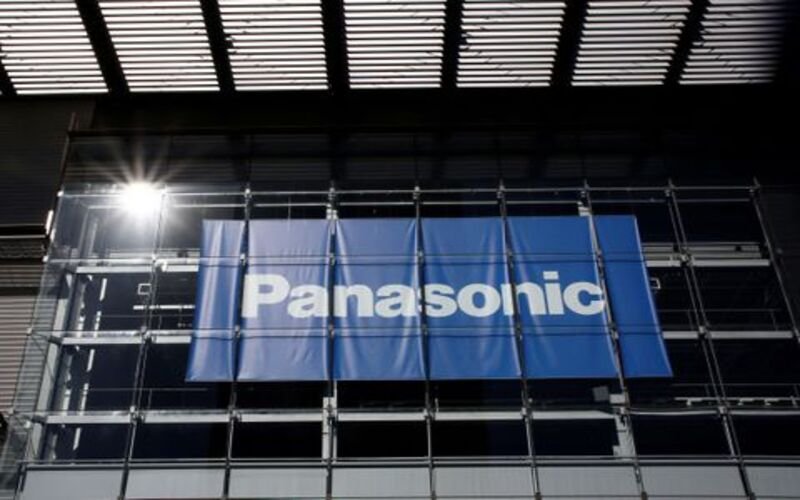Panasonic Holdings (6752.T) wants to increase electric vehicle battery manufacturing at a Nevada factory jointly managed with Tesla (TSLA.O) by 10% within three years, a representative said Tuesday.
Nikkei Asia reported on Monday that Panasonic Energy would establish a 15th production line at Gigafactory Nevada.
At a corporate strategy meeting last week, a Panasonic Group representative declined to comment on Panasonic Energy’s goal to boost Nevada factory production by 10% by March 2026. Tesla refused to comment.
Panasonic announced last month that it would establish two Tesla 4680 battery cell facilities in North America by 2030. That would quadruple its auto battery capacity to 200-gigawatt hours per year by March 2031.
Panasonic had not announced where in North America it would expand production.
According to the Nikkei story, Tesla promised Panasonic it would “buy as much as (Panasonic) can make.”
Panasonic is running a pilot 4680 production line at its Wakayama factory in Japan. Tesla is already making 4680 battery cells, which Musk claims will make electric cars cheaper and more appealing.










































Comment Template